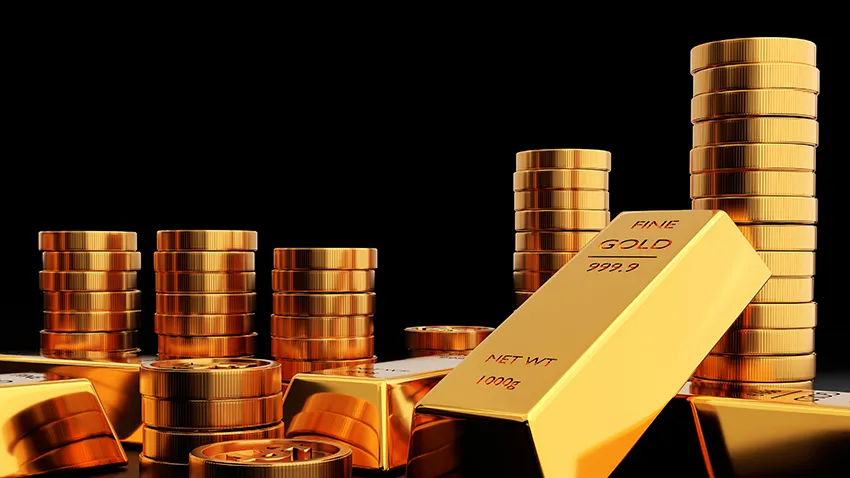
Indians are known for many things across the globe: their culture, hospitality, food, colourful festivals, Bollywood, dance, the list is endless.
What many people might not know is that Indians are also fond of shinier things in life, especially gold. Indians are perhaps the largest consumers of gold in the world, with over 2,000 tons of unused gold in the country, making it a treasure trove in the true sense. This affection and craze towards gold has been there for centuries and has survived the brutal test of extreme lows, but it still has grown stronger every day.
Indians consider gold auspicious, making it an integral part of their lives. An Indian celebration without gold is dull and lacklustre. Gold adds zing and shine to our festivities. Purchasing gold is a time-honoured tradition in India, a tradition which continues irrespective of gold prices.
We, as a country, are more than happy to shell out the rates commanded by gold. It’s common for things to be taken at face value, and gold leads in this category.
Table of Contents
Commodity Trading Market
Commodities markets have a strong influence on the economies of nations and people. Shortages in critical commodities make the consumers anxious to acquire the product. While the producers would demand a higher price in order to bring more products onto the market, the consumers would pay a higher price in order to get the product they want. On the other hand, oversupply can have a devastating impact on a region by devaluing the prices of core commodities.
If the market is volatile or bearish, scared investors scramble to transfer money to precious metals such as gold, which has historically been viewed as a reliable, dependable metal with transferable value for investors who are losing money in the stock market, trading in precious metals can create nice returns. Precious metals can also be used as a hedge against high inflation or periods of currency devaluation.
Understanding MCX in Gold Trading
MCX stands for the Multi Commodity Exchange. This is the exchange for trading commodities, just like the Bombay Stock Exchange (BSE) is for trading companies’ stocks. You can trade gold, silver, and other precious metals along with agricultural commodities like cotton, coffee, etc. The exchange provides secure and transparent trade mechanisms and works in conformity with the regulatory framework.
Factors Influencing Gold Rates in India
Let’s dive deep into the factors affecting the price of gold in India.
1. Inflation rate
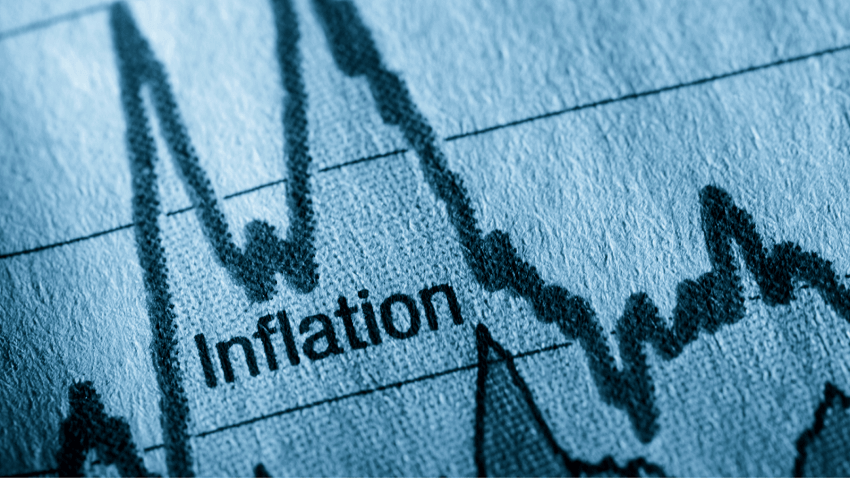
One of the crucial factors influencing the online gold rate is the inflation rate in India. For instance, when the rate of inflation rises, gold prices shoot up, too. An increase in the price of gold indicates the high demand for gold in the market. The day-to-day gold prices in India are influenced by the country’s inflation rate.
2. Gold reserves
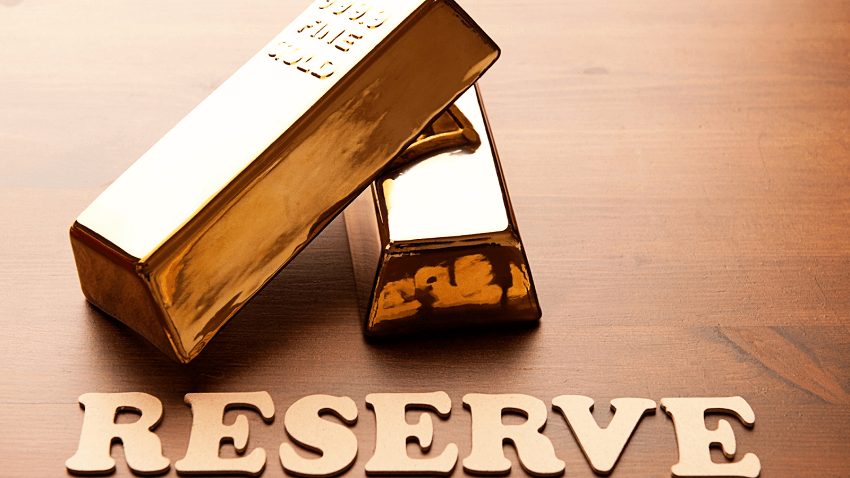
Like all central banks, the Reserve Bank of India (RBI) holds gold reserves for the future, and it has a crucial impact on the gold rate. If the RBI decides to preserve the reserve of gold, the gold prices will increase because of the decreased supply of gold in the market.
3. Jewellery market
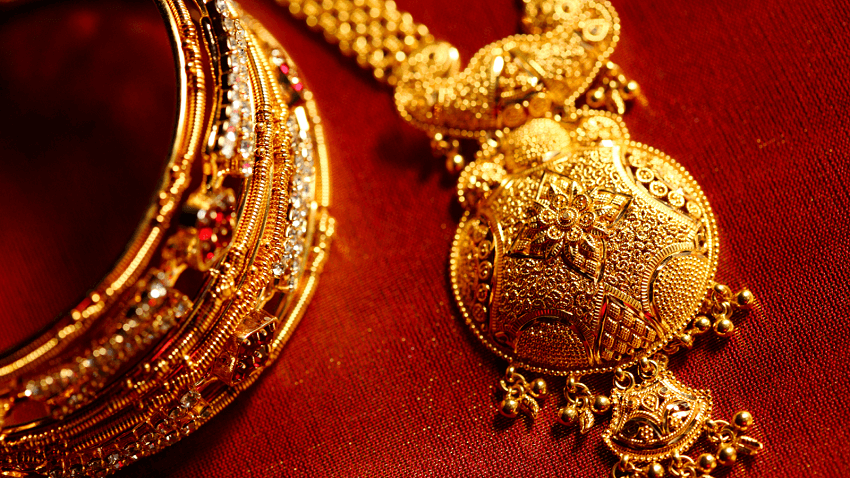
The demand for gold items increases during the wedding and other festive seasons. Indians buy gold in tonnes during festivals like Diwali. During these festivities, the demand for gold increases, making gold prices go up.
4. Industrial Demand

Besides the jewellery market, the prices of gold also depend on how much gold electronic manufacturing companies buy. Every year, these companies buy gold to use in electronic devices, such as televisions, mobile phones, computers, etc. The more the demand for gold by electronic companies, the more the demand and less the supply.
5. Production Cost

The gold price in India is also dependent on the policy changes in the gold mining companies. For instance, if the gold mining companies decide to increase the production cost, it will reflect on the gold prices.
6. State laws

Every state in India has specific rules and regulations that play a crucial role in determining the prices of Indian gold in that specific state. Therefore, you might have observed that the gold price in Delhi is not the same as the price in Ahmedabad. When gold gets imported from other countries, the state government imposes taxes, impacting the final gold selling price.
7. Hauling cost

Another factor that affects the gold rate is the hauling cost of gold. When gold gets imported to India, it gets transported to different cities or states. Since the gold is transported, there is an additional hauling cost that adds to the final selling price that consumers will have to bear.
8. US Dollar
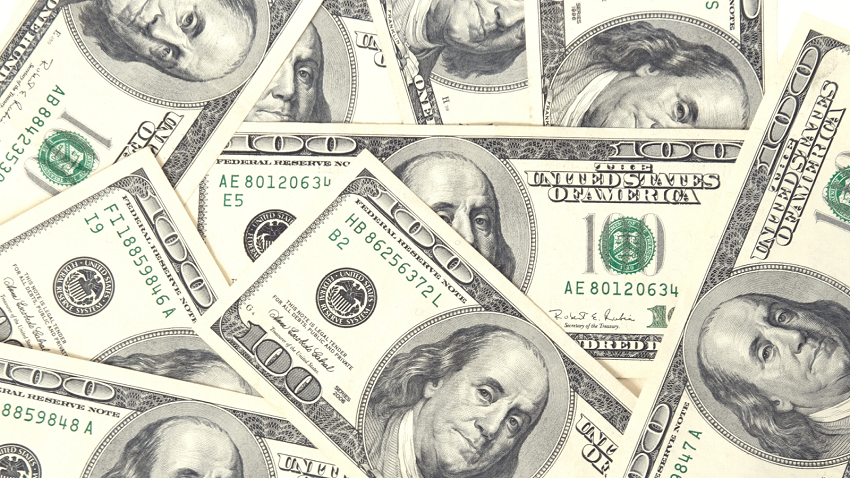
Gold rates are heavily dependent on how the US dollar performs, with prices inversely proportional to dollar rates. This relationship arises from the fact that gold is an internationally traded commodity, and the US dollar is the preferred international currency. Any changes within the United States are bound to have an effect on gold prices, either directly or indirectly. The fact that a majority of gold purchased in India is imported means that international markets also impact prices in India.
9. International Relations

International relations between nations can influence gold prices, as tensions between global powers can push up rates. For example, if India has cold relations with a major gold producer, gold prices could be impacted due to a lack of supply. The easing of sanctions and overall global relations play a significant role in determining gold rates, primarily because gold is considered a safeguard against political instabilities.
Conclusion: Understanding Gold Rates and Commodity Trading in India
As gold prices are affected by multiple factors, aspiring gold investors shouldn’t be too quick to buy; it is not a simple matter of just ‘buying more gold when times are bad’. Investors need to work out how much gold is the right amount to buy and how long they should be holding on to it. They should also consider what form their gold investment should take.
The article outlines how gold prices are determined in India based on global and domestic factors. Gold trading prices can vary. You can track the gold price on the MCX market using the Share India trading platform. Use the Share India share market app to analyse the market and manage your trade online.
There are several ways for you to invest in gold. Some investors prefer investing in Gold Exchange-Traded Funds (ETFs), where they are able to invest in gold without owning the physical commodity (avoiding the risk of theft and burglary). Gold ETFs allow investors to track the performance of the gold market and trade them like stocks (check out our previous blog to understand different options for gold investment).
With Share India, you can explore different gold investment options. Investing in gold derivatives with Share India is utterly smooth and hassle-free.
Disclaimer: Any advice or information in the post is general advice for education purposes only and is not responsible for generating any trading strategy for anyone. Please do not trade or invest based solely on this information.